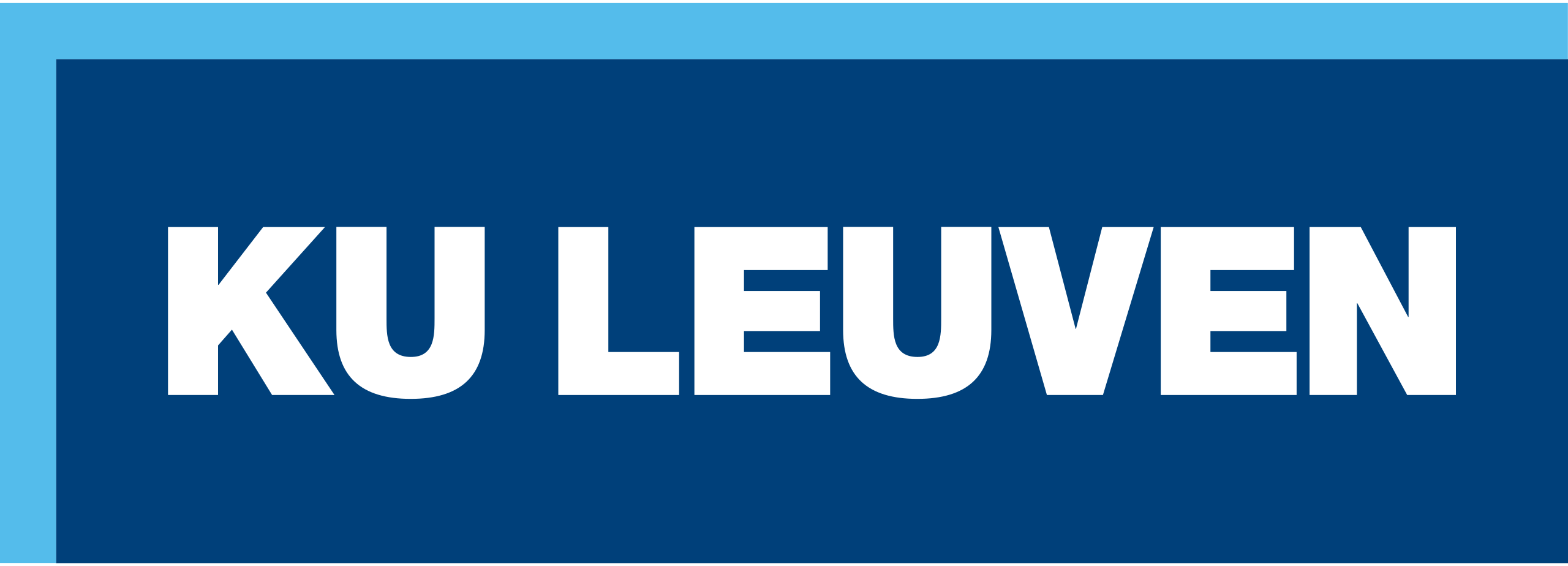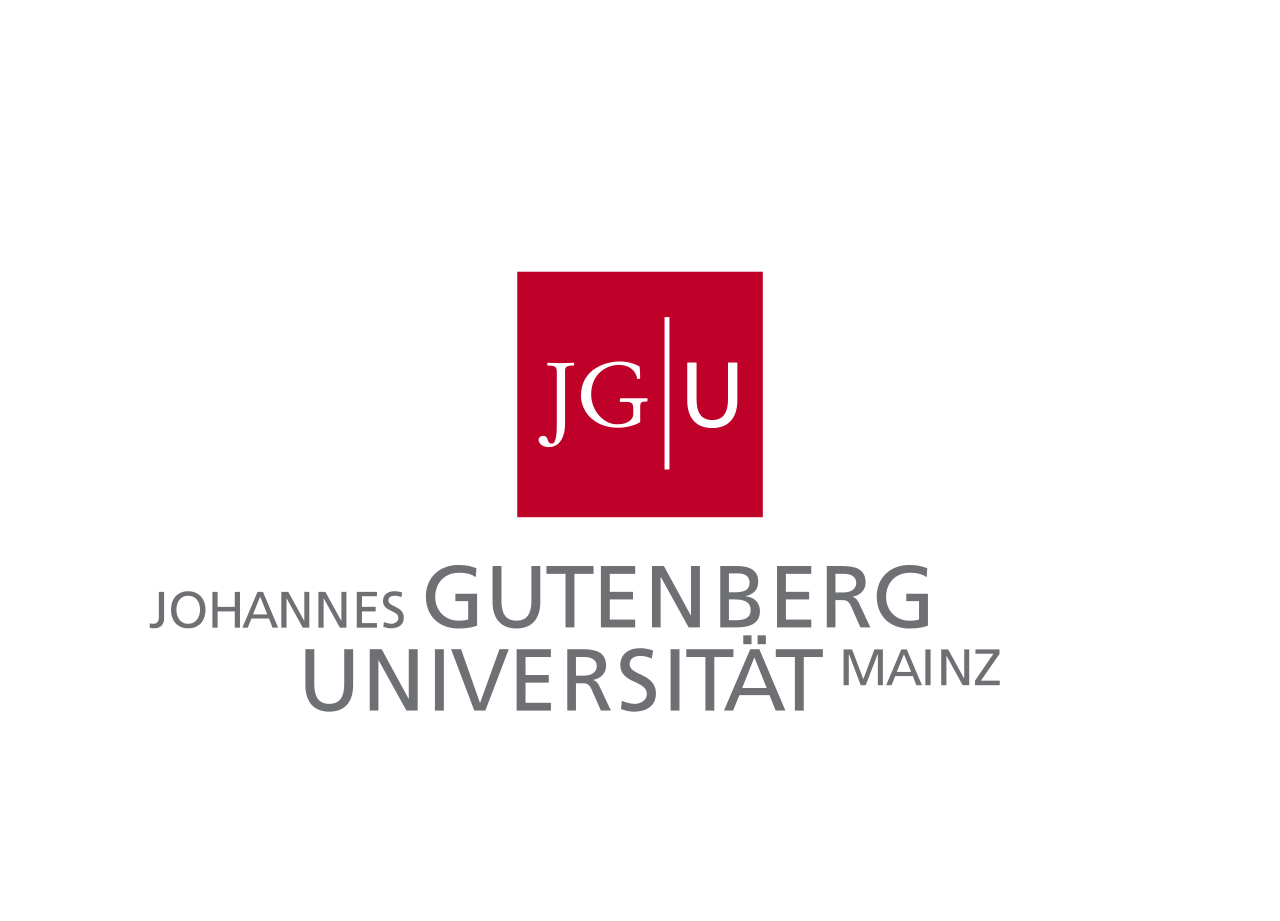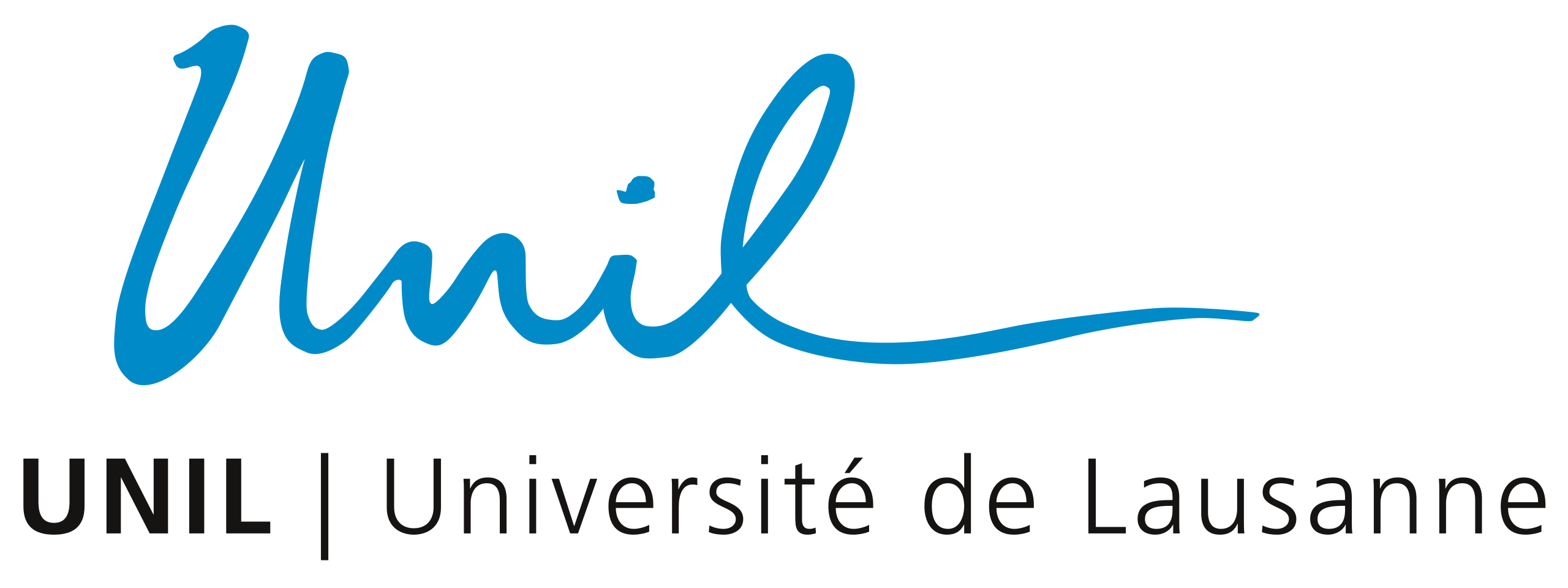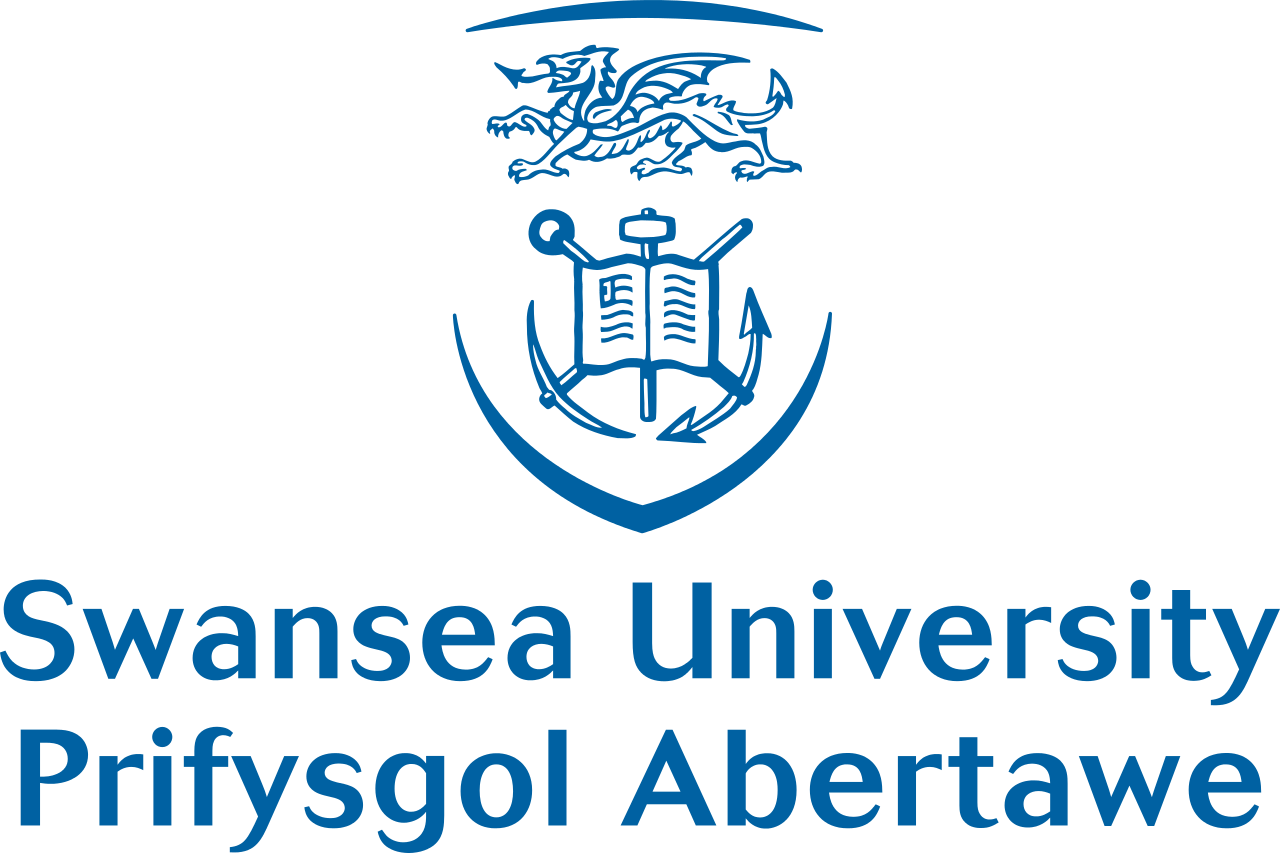OUR SPONSORS
This project DAiSI has received funding from

The Coordinating Partner, KU Leuven is Europe’s most innovative university (Reuters) and ranks 45th in the Times Higher Education World University Rankings. As Belgium’s largest university, KU Leuven welcomes 60,000 students from over 140 countries. Its 7,000 researchers are active in a comprehensive range of disciplines. KU Leuven is a founding member of the League of European Research Universities (LERU) and has a strong European and international orientation. University Hospitals Leuven, its network of research hospitals, provides high-quality healthcare and develops new therapeutic and diagnostic insights with an emphasis on translational research. The interdisciplinary Centre for Integrity and Regulation in Sport (iCERIS) is a world leading hub for sport ethics research and postgraduate education, being the coordinator of the DAISI and MAiSI (Erasmus Mundus Master in Sport Ethics and Integrity – www.maisi-project.eu) Programmes.

Johannes Gutenberg University (JGU) Mainz,founded in 1477, is one of the top research universities in Germany of national and international recognition. Creative minds shape the culture of knowledge at JGU, with more than 35,000 staff and students from over 120 nations take on the challenges of the sciences and the arts, of research, learning, and teaching every single day. As an international center for research and teaching, JGU has a special commitment to crossing the boundaries between nations and cultures. This commitment is established in its mission statement and its strategic concept, and is also reflected in its strong international relationships. The university is founding partner of the groundbreaking Executive Master in Global Sports Governance (MESGO) as well as the Erasmus Mundus Master in Sport Ethics and Integrity (MAiSI).

Department of Sport and Social Sciences is one of four academic departments at the Norwegian School of Sport Sciences (NIH). The Department includes close to 50 faculty members including 15 PhD students and makes up a broad academic environment that engages in research and education from a number of perspectives such as sport sociology, sport management, sport philosophy, sport history, sport psychology, and coaching science.
Thematically, the Department of Sport and Social Sciences conducts research on topics such as leadership and management, coaching, sustainable development, doping and antidoping, gender, digitalization and new technologies, sport for development, and children and youth sport.
The Department has extensive collaboration with and financial support from national and international sports organization and funding bodies such as the Norwegian Ministry of Culture, Norwegian Research Agency, and EU’s Horizon Europe.

The University of Lausanne (UNIL) is a public institution with approx. 17,100 students and 3,600 staff. UNIL provides an excellent environment for sport research.
Located less than 2km from the IOC headquarters and near the headquarters of 50 leading sport organizations, thus highly facilitating interactions between PhD students, other researchers and sport organizations. UNIL brings together businesses, academics and sport organisations to develop new partnerships and projects in an open innovation culture. The institution already collaborates with the most important sport organizations in Europe (CIO, UEFA, FIFA, UCI, WorldAthletics, etc.) and specifically with organizations in charge of integrity such as the Athletics Integrity Unit (AIU) or the World Anti-doping Agency (WADA).
UNIL hosts a Sport Research Group of 160 researchers interested in sports from numerous academic perspectives, including public administration, economics, law, medicine, criminology, and the social sciences. It is a centre of excellence for research on sport in which integrity is a major research interest. The Sport Research Group is representative of the university’s capacity to set up interdisciplinary teams to conduct world-leading research on new scientific themes related to sport.

The Sport Ethics, Integrity and Governance research group of Swansea University (SU) grew out of the Elite Sport group in Head of Applied Sports, Technology, Exercise and Medicine (A-STEM) and became an independent entity in 2018. Its growth was predicated on the successful award of 3M euros from the European Commission in 2016 to launch the world’s first Master in the field of sports ethics and integrity, as lead partner with 5 other European Universities (Charles University, Prague; Johannes Gutenberg, Mainz; KU Leuven, Belgium; Pompeu Fabra, Barcelona, University of the Peloponnese, Greece).
SU conduct high level scholarship and research into conceptual and ethical problems in sports practices and institutions. SU work spans philosophical explorations of the nature of sport and ethical problems therein, to applied multi-disciplinary work on policies and practices such as anti doping, athletes’ rights, match fixing, gender eligility rules, technology polices, and problems at the intersection of sport, engineering and medicine.
Examples of ethics, integrity and governance advice, research and consultancy in collaboration with and for key sport organisations include British Gymnastics, the European Athletes Association, the International Olympic Committee, the International Ice Hockey Federation, Sport Wales, UK Anti Doping, UK Sport the World Anti Doping Agency; and World Athletics.
This project DAiSI has received funding from